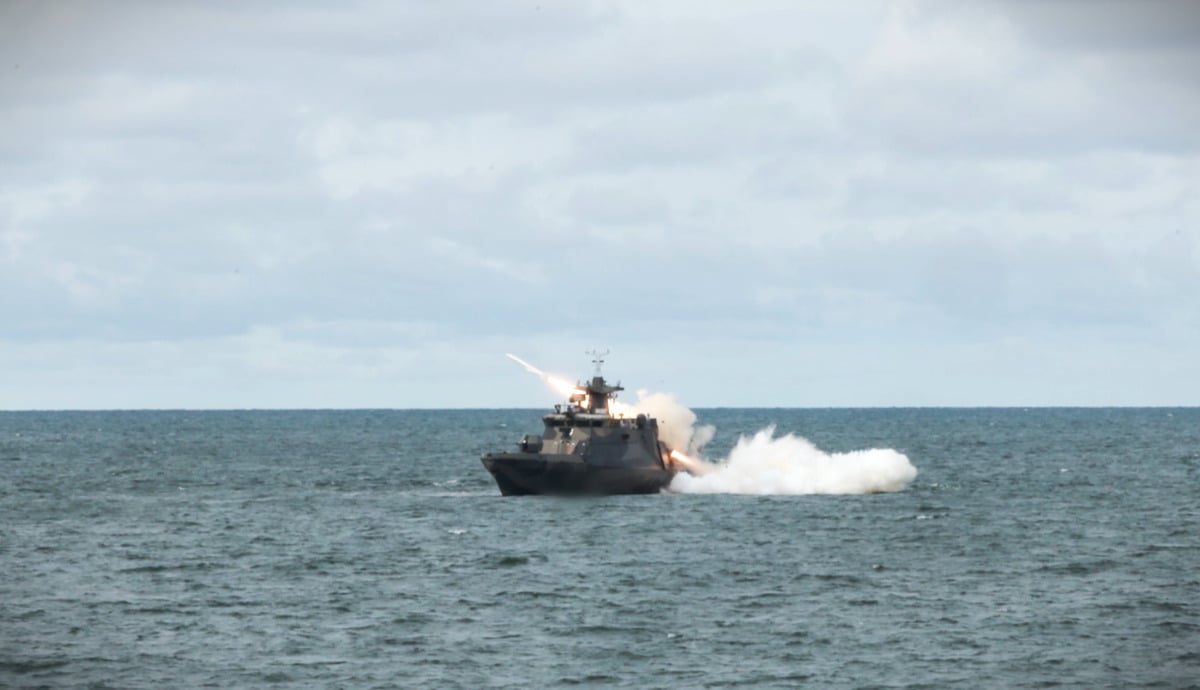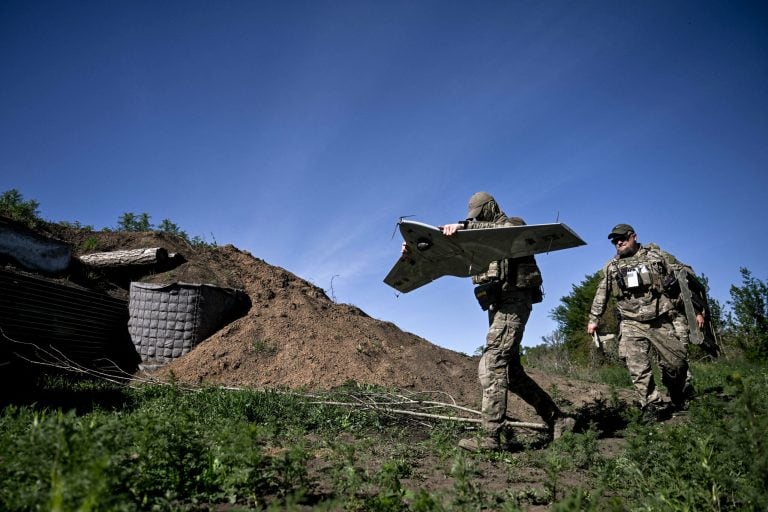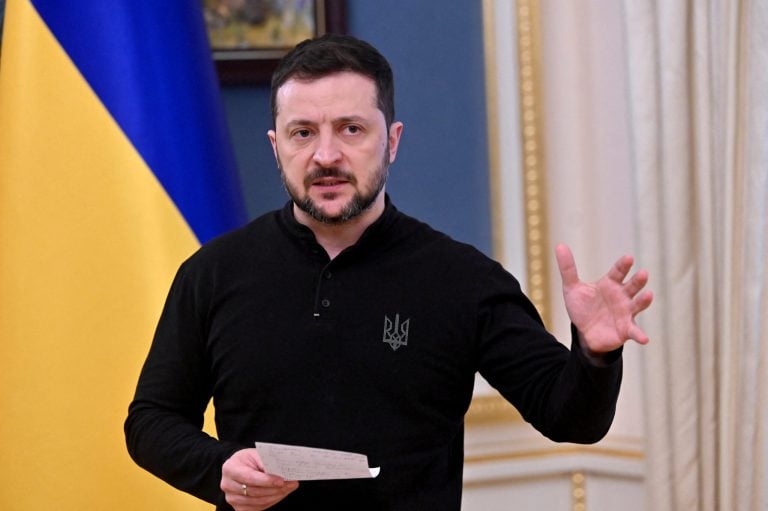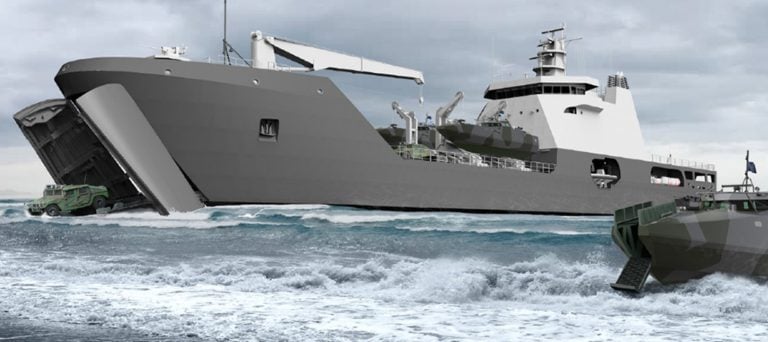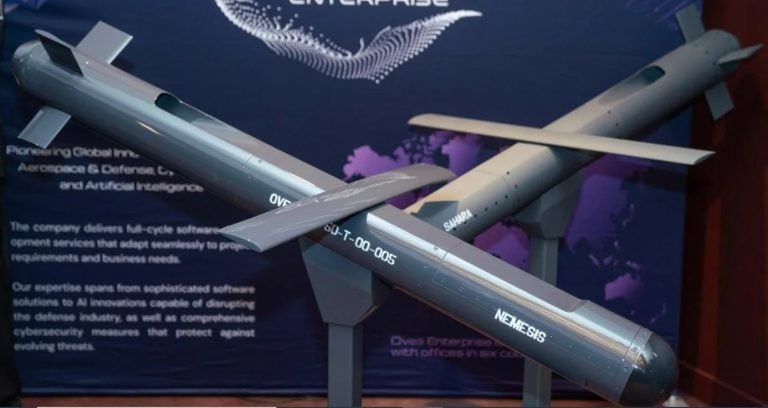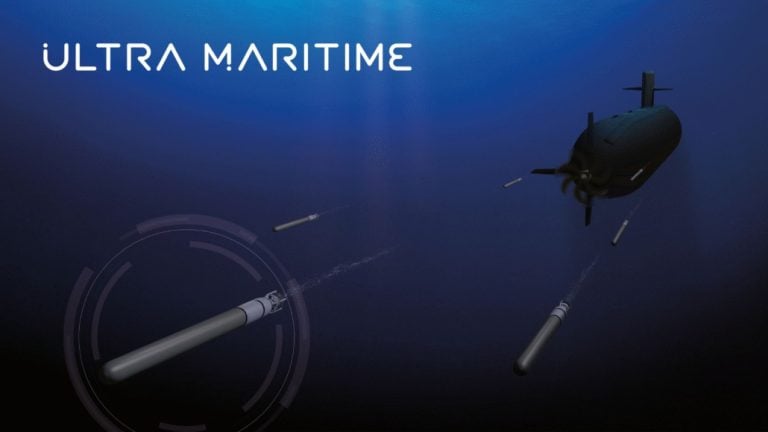The Finnish Navy has officially integrated the Israeli-made Gabriel anti-surface missile into its operational framework, marking a significant milestone seven years after the procurement of this advanced armament. This missile, developed by Israel Aerospace Industries, is set to replace the Navy’s current anti-ship weapon, the 85M-järjestelmä (MTO 85M), which is based on Saab’s RBS15 missile system and is nearing the end of its operational life by the decade’s conclusion.
Rear Admiral Tuomas Tiilikainen, Commander of the Finnish Navy, highlighted the critical role of the new missile system, noting that it stands as one of the primary components of the Navy’s weaponry, alongside naval mines. He emphasized the missile’s advanced capabilities and extensive range, which are essential for executing maritime defense tasks, whether independently or as part of an allied operation. Tiilikainen expressed the importance of the missile’s involvement in joint operational efforts within the Finnish Defence Forces.
In 2018, Finland acquired the Gabriel missile system for €162 million (approximately $189 million), a comprehensive package that includes launchers, missiles, simulators, testing equipment, spare parts, and training resources. The timeline for delivery spans from 2019 to 2025, with an anticipated service life extending into the 2050s. The selection of the Gabriel system was made after extensive evaluation of competing missiles, including Kongsberg’s Naval Strike Missile, MBDA’s Exocet, Boeing’s Harpoon, and Saab’s RBS15.
The Gabriel missile boasts the ability to target both maritime and terrestrial threats at distances exceeding 200 kilometers (124 miles), a significant improvement over its predecessor. Its technology incorporates satellite and inertial navigation along with a radar-guided terminal phase, enhancing its accuracy in striking targets. The missile has been deployed on the Hamina-class missile boats and is expected to be integrated into the forthcoming Pohjanmaa-class corvettes. Additionally, its design allows for launch from various land-based vehicle platforms, thus improving tactical versatility.
Tiilikainen further stated that deploying the Gabriel system across multiple platforms will enhance the Navy’s combat resilience and allow for expansive strike capabilities in complex and dynamic combat environments, reflecting the challenges posed by modern warfare.
This development occurs against a backdrop of political sensitivity regarding arms acquisitions. Earlier in June, Finnish Prime Minister Petteri Orpo announced that Finland would halt new arms purchases from Israel in light of the ongoing conflict in Gaza. However, he clarified that existing contracts, such as the acquisition of the Gabriel missile system, would not be affected by this policy shift. The Finnish Foreign Ministry is reportedly reviewing arms deals, considering the implications of the situation in the Middle East on future transactions.
